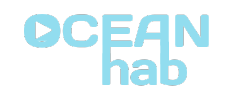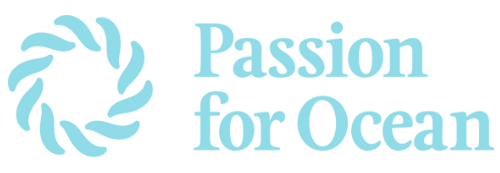Often, projects require working across multiple, overlapping topics – whether in work, school, or personal endeavors. Tasks today are frequently multidisciplinary, interdisciplinary, and transdisciplinary, meaning that a broad skill set is valuable both for producing successful results and for strengthening your profile when applying to jobs or academic programs.
For instance, if you’re working on a Marine Protected Area networks project, it’s helpful to be familiar with fields like marine ecology, spatial planning, economics, commercial fishing, statistics, coding, culture, environmental politics, and more.
Ways to Build a Broad Knowledge Base:
Taking free courses and honing your skills is an excellent way to reinforce areas where you feel less confident or to broaden your understanding of your field. Many services provide free online courses and skills training across a variety of topics, such as:
- Harvard University
- edX
- Coursera
- Google’s Grow with Google
- LinkedIn Learning
- https://www.conservationtraining.org/
- https://www.mooc-conservation.org/
Being well-rounded is increasingly essential for both students and professionals. Expanding your skill set will prepare you for the multidisciplinary nature of many modern projects.


